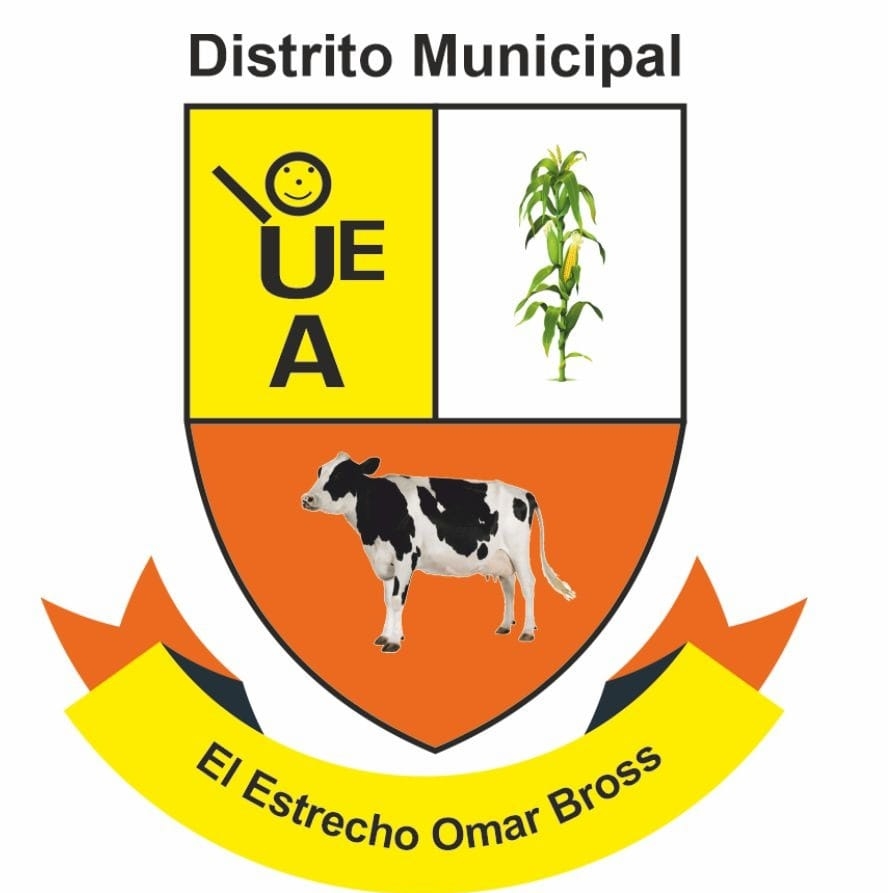Forex trading online has revolutionized the way individuals and institutions participate in the financial markets. If you’re looking to trade currency pairs, understand market trends, and make informed decisions, this guide will provide you with essential insights and resources, including forex trading online exbroker-turkiye.com, to help you navigate the complex world of online forex trading.
What is Forex Trading?
Forex trading, or foreign exchange trading, involves buying and selling currencies in a decentralized market. Unlike stock markets, which operate in defined locations, forex trading takes place over-the-counter (OTC), with a global network of banks, brokers, and individual traders. The forex market is known for its high liquidity and is one of the largest financial markets in the world, with a daily trading volume exceeding $6 trillion.
Understanding Currency Pairs
In forex trading, currencies are quoted in pairs, such as EUR/USD (Euro/US Dollar) or GBP/JPY (British Pound/Japanese Yen). The first currency in the pair is the base currency, while the second is the quote currency. The exchange rate tells you how much of the quote currency is needed to purchase one unit of the base currency. For example, if the EUR/USD exchange rate is 1.20, it means 1 Euro is equal to 1.20 US Dollars.
Majors, Minors, and Exotics
Currencies are categorized into three groups: major, minor, and exotic pairs. Major pairs include the most traded currencies, such as EUR/USD, USD/JPY, and GBP/USD. Minor pairs consist of currencies that are less frequently traded and do not involve the US Dollar, like EUR/GBP or AUD/NZD. Exotic pairs include a major currency paired with a currency from a developing economy, such as USD/TRY (US Dollar/Turkish Lira).
Why Trade Forex Online?
There are numerous reasons why traders choose to participate in the forex market online:
- Accessibility: Forex trading is accessible 24 hours a day, five days a week, allowing traders to react to market events at any time.
- Leverage: Forex brokers often offer high leverage, enabling traders to control larger positions with a smaller amount of capital.
- Low transaction costs: The forex market generally has lower transaction costs compared to other financial markets, making it an attractive option for many traders.
- Diverse trading options: With a wide range of currency pairs to choose from, traders can explore diverse strategies suited to their investment goals.
Getting Started with Online Forex Trading
To begin trading forex online, follow these essential steps:
1. Choose a Reputable Broker
Your choice of broker is crucial for your trading success. Look for a broker that is regulated, provides a user-friendly trading platform, and offers competitive spreads and commissions. It’s essential to read reviews and conduct thorough research to ensure your broker has a solid reputation.
2. Open a Trading Account
Once you’ve selected a broker, the next step is to open a trading account. Many brokers offer different types of accounts tailored to various needs, such as standard accounts, mini accounts, and managed accounts. Be sure to choose an account that fits your capital and trading style.
3. Fund Your Account
After opening an account, you’ll need to deposit funds to start trading. Most brokers offer various funding methods, including bank transfers, credit/debit cards, and e-wallets. Be aware of any deposit fees and minimum balance requirements.
4. Develop a Trading Strategy
A well-defined trading strategy is a key component of successful forex trading. Your strategy should encompass your risk tolerance, trading style, and goals. Consider whether you want to engage in day trading, swing trading, or long-term trading. Additionally, incorporate technical and fundamental analysis to guide your trading decisions.
5. Practice with a Demo Account
Before trading with real money, it’s highly advisable to use a demo account. Most brokers provide demo accounts that mimic real market conditions, allowing you to practice and refine your trading strategy without any financial risk.
Key Trading Strategies
Successful forex traders employ various strategies to maximize their chances of success:
1. Scalping
Scalping involves making numerous trades throughout the day to capture small price movements. Traders utilize short-term charts and often hold positions for just a few minutes. This strategy requires a solid understanding of market dynamics and quick decision-making.

2. Day Trading
Day trading consists of opening and closing trades within the same day, avoiding overnight exposure. Traders focus on short-term price movements and typically use technical analysis tools to make their decisions. Successful day traders maintain a disciplined approach and strict risk management.
3. Swing Trading
Swing trading aims to capture gains over a few days to weeks by holding onto trades longer than day traders. This strategy allows traders to take advantage of market volatility without the need for constant surveillance throughout the day.
4. Position Trading
Position trading is a long-term strategy where traders hold positions for weeks, months, or even years. This approach focuses on fundamental analysis, allowing traders to capitalize on substantial shifts in currency prices over time.
Risk Management in Forex Trading
Risk management is an essential aspect of successful forex trading. Traders must determine how much of their trading capital they are willing to risk on each trade. Here are some key risk management techniques:
- Use Stop-Loss Orders: A stop-loss order automatically closes a trade at a predetermined price level, limiting potential losses.
- Set a Risk-to-Reward Ratio: Determine the amount of potential profit compared to the risk you are willing to take on a trade. A common ratio is 1:2, meaning you aim to earn $2 for every $1 risked.
- Diversify Your Trades: Avoid putting all your capital into one trade or currency pair. Diversifying your trades helps mitigate risks and increases your chances of success.
Staying Informed: The Importance of News and Analysis
Staying updated on economic indicators and geopolitical events is crucial for forex traders. Key economic reports, such as employment data, inflation rates, and central bank announcements, can significantly impact currency prices. Traders often rely on economic calendars and news sources to stay informed about market-moving events.
Conclusion
Forex trading online offers exciting opportunities for individuals looking to engage in the global currency market. Understanding the fundamentals, developing a sound trading strategy, and practicing effective risk management are essential steps to achieving success. Remember that trading carries risks, and it’s vital to continually educate yourself and adapt to market changes. Utilize resources like exbroker-turkiye.com for additional insights and support in your trading journey.


